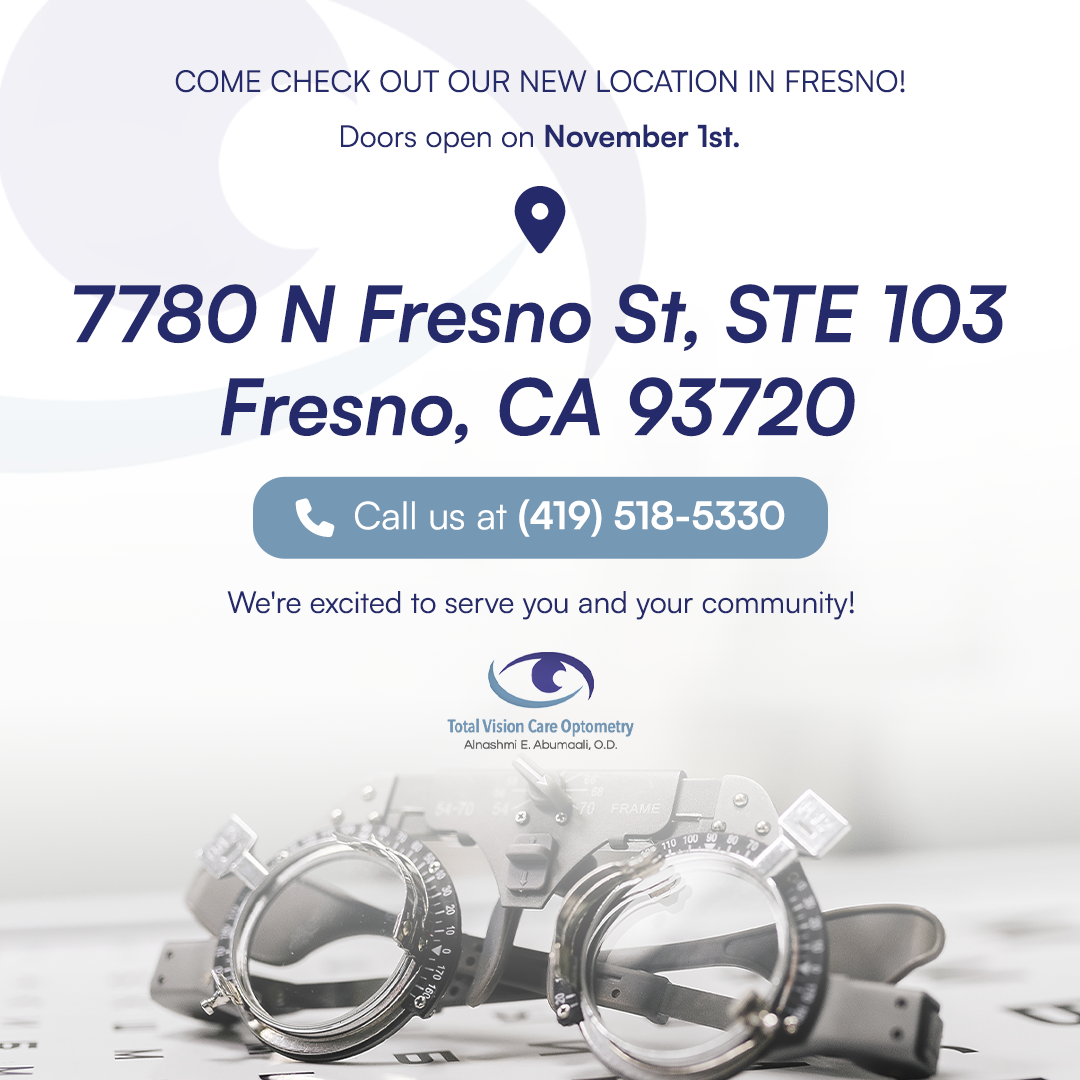
The introduction of contact lenses marked a watershed moment in corrective eyewear. Contacts are a convenient alternative to traditional glasses and provide the freedom and clear vision missing in eyeglasses, particularly for patients who find glasses limiting.
Soft contact lenses are now the most widely used and favored lenses. Still, it is essential to note that they may not be suitable for correcting all eye conditions. Where regular contact lenses are insufficient, scleral contact lenses are a viable solution. These lenses offer unique benefits and address more complex visual needs.
Scleral Lenses Design and Features
In contrast to soft lenses, scleral lenses are hard and gas-permeable. This allows for enhanced oxygen permeability, promoting better eye health. They also differ from other rigid gas-permeable lenses because they are much wider. They rest on the sclera, the white part of the eye, instead of resting on the cornea.
The design of scleral lenses offers several advantages over other lens types. They provide wearers with improved visual quality. Additionally, their enhanced breathability enables extended wear without compromising ocular health.
Scleral lenses are well-suited for patients with irregular corneas. They create a tear-filled dam over the cornea that lubricates the eye surface. This feature is beneficial for patients experiencing dry eye symptoms.
What Eye Conditions Can Scleral Lenses Help With?
Scleral lenses offer an excellent solution for patients with dry eyes and irregular corneas. They also effectively address refractive errors associated with these conditions. The primary conditions that can be corrected with scleral lenses include:
Contact Lens-induced Dry Eye
Dry eye occurs because of an imbalance in the tear structure or insufficient tear production. This leads to inadequate lubrication of the eyes. Tears play a vital role in keeping the ocular surface moisturized. When there is inadequate lubrication, the contact lens and eyelids cause friction.
Scleral lenses address this issue by forming an arch over the cornea. The arch creates a reservoir for tears. The lens protects this reservoir of tears, preventing excessive evaporation. It helps ensure the cornea remains well-lubricated. They ease the discomfort associated with dry eye.
Keratoconus
This is the condition where the cornea starts thinning and bulging. It results in a cone-like shape. This abnormal corneal shape distorts vision by interfering with the light entering the eye. It is worth noting that keratoconus can also develop due to laser eye surgery. This form of the condition is referred to as postsurgical ectasia.
Like how scleral lenses address astigmatism, they replace the cornea in keratoconus. They provide a smooth, regular surface that lets light focus on the retina. This improves vision clarity for patients with the condition.
Astigmatism
Astigmatism is characterized by an irregular cornea curvature, resulting in distorted vision. The cornea plays a crucial role in focusing incoming light. When its surface is irregularly shaped, it fails to focus the light, leading to blurred vision.
Scleral lenses provide a smooth and regular surface for the light to pass through. This allows for clear and sharp vision. Regardless of the severity of astigmatism, scleral lenses can correct this condition. They will help provide the necessary vision correction.
Corneal Transplant Complications
Corneal transplants have a relatively high failure rate. Approximately 20% of full-thickness transplants of the cornea display signs of rejection. Several factors contribute to this, including the following:
Excessive strain on the implanted corneas
Corneal infections
Irritation of the transplanted tissues
Standard contact lenses may exacerbate these issues. They may cause further damage during the critical posttransplant period. In contrast, scleral lenses offer a beneficial alternative. They provide a protective cover over the corneal tissue, reducing the risk of irritation, strain, and infection.
For more on scleral lenses or to see if they are a good fit for you, call Total Vision Care Optometry. Our office is in Chowchilla, California. Call (559) 665-0656 to book an appointment today.








